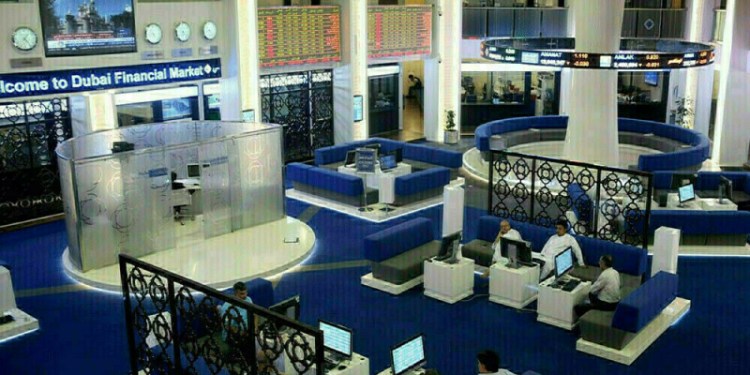 © Reuters. FILE PHOTO: The headquarters of the Deutsche Bank is pictured in Frankfurt
© Reuters. FILE PHOTO: The headquarters of the Deutsche Bank is pictured in FrankfurtBy Francesco Canepa and Andreas Framke
FRANKFURT (Reuters) – The European Central Bank’s move to defend Deutsche Bank (DE:) on Friday stems from concern over a sharp fall in the German lender’s share price but also irritation that overseas regulators risk aggravating its problems.
A rare comment by a supervisory source that Deutsche Bank was making good progress and its regulators were reassured by its plans helped calm investor nerves, but also exposed a potential rift between the ECB and its U.S. counterparts.
Reports that the Federal Reserve viewed Deutsche Bank as “troubled” last year hit its shares and bonds on Thursday. A day later S&P Global cut the bank’s rating and questioned a turnaround plan by its new chief executive Christian Sewing.
Sources familiar with the ECB’s thinking told Reuters that the data used for the ‘troubled’ classification were old and did not reflect the bank’s restructuring progress or its strategy.
“It’s quite unfair in light of the work they’ve done,” one of the sources said of the leak of the U.S. regulatory classification of Deutsche Bank as “troubled”. “Perhaps the Fed thinks the ECB is too slow, but Deutsche needs more time.”
The sources said that the leak was potentially damaging and did little to improve the bank, which was the ultimate aim of both U.S. and European supervisors.
The Fed, which is due to publish the results of its annual stress tests of banks including overseas entities with a U.S. presence such as Deutsche Bank this month, declined to comment.
“The bank has been making good progress over the past year to address its regulatory concerns,” one of the sources said, requesting anonymity due to the sensitivity of the matter. “The bank now has a tighter management team, good capital and liquidity, and supervisors are reassured by the plans they see.”
The sources added that with the Deutsche Bank’s shares trading near an all time low after persistently negative news, there was a need to reassure markets since a snowball effect could cause lasting damage to the bank.
U.S. and European supervisors have a history of friction, although the sources say cooperation has improved.
Earlier this year the U.S. Treasury alleged complicity in money laundering by Latvia’s ABLV, triggering a run which led to its failure and embarrassing the ECB, which had been working for years to clean up ABLV’s business model.
“The Americans acted a bit like cowboys,” a European supervisory source said. “By intervening the way they did they effectively put the bank out of business.”
European supervisors have also been frustrated in the past by multi-billion dollar fines against Deutsche and BNP Paribas (PA:) and by U.S. authorities’ involvement in a European Union discussion on the location of clearing activities once Britain leaves the bloc.
Deutsche Bank shares were up 3.8 percent at 1420 GMT, while the yield on its dollar-denominated convertible bond, a reservoir of emergency capital in a possible crisis, eased to 11 percent after a spike the previous day.
Keeping investors and depositors on side is key for a bank if it is to raise cash and capital to fuel its business.
Deutsche Bank has long had differences of opinion with U.S. regulators over issues such as how much capital it should hold at its U.S. subsidiary, which has traditionally carried out some of the bank’s riskiest trading business.
But open discord between the ECB and U.S. regulators, which sit alongside on international bodies such as the Basel Committee on banking supervision, is unusual.
So too is contradicting ratings agencies like S&P, which the ECB relies on when deciding what collateral to accept from banks and even which bonds to buy as part of its stimulus program.
The ECB has already been criticized by lawmakers for granting Deutsche Bank special treatment in its 2016 stress test, resulting in a boost to its capital level.
Despite Friday’s reassurances, ECB supervisors say Deutsche Bank has still some way to go before returning to rude health, after three consecutive years of losses.
“It’s still a wounded animal, the main issue is trust,” another source familiar with the matter said. “The bank needs to get out of some businesses, particularly abroad.”
Deutsche Bank plans to cut back bond and equities trading, where it has been unable to break the grip of the U.S. powerhouses such as Goldman Sachs (NYSE:) and JP Morgan, to invest in German retail banking and asset management in Europe.
Source: Investing.com




























